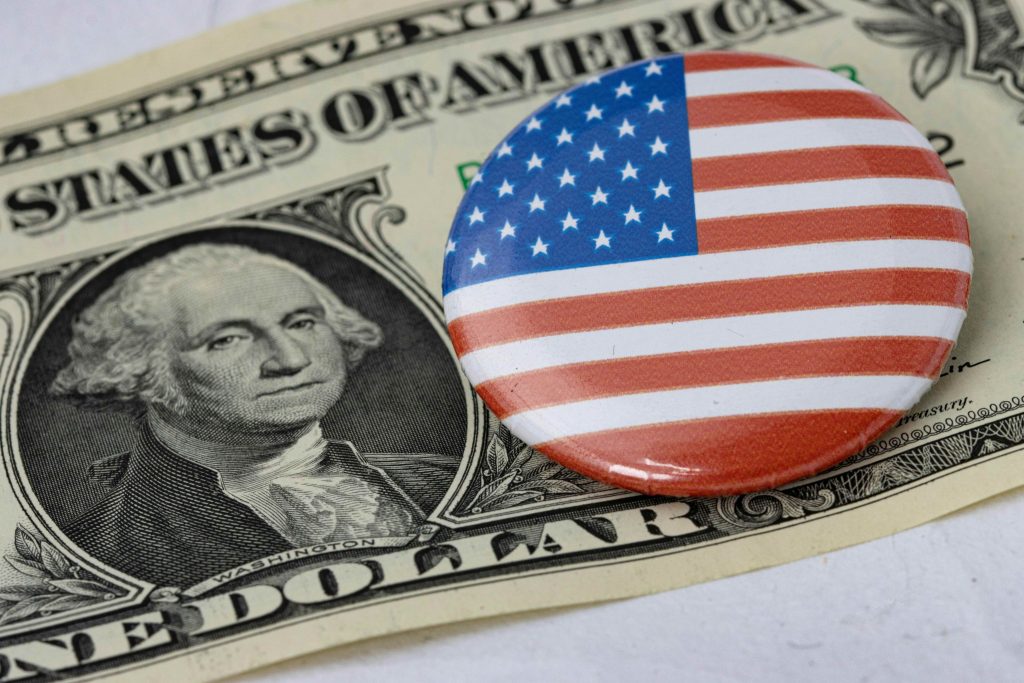The Policy Statement on Licensing Negotiations and Remedies: New Development of Antitrust Policy on Standards-Essential Patents?
The Policy Statement on licensing Negotiations and Remedies: New Development of Antitrust Policy on Standards-essential Patants?
By Yuqing Xu *
On December 6, 2021, the U.S. Department of Justice (DOJ) Antitrust Division, the United States Patent and Trademark Office (USPTO), and the National Institute of Standards and Technology (NIST) released a revised statement on remedies for the infringement of standards-essential patents (SEPs) that are subject to F/RAND commitments.[1] The revised statement seeks to indicate good-faith negotiation, promote technology innovation, further consumer choice, and enable industry.[2]
The draft statement comes in response to President Biden’s Executive Order on Promoting Competition in the American Economy.[3] The DOJ is requesting public comment on the draft policy statement on eleven questions with respect to licensing negotiation, F/RAND commitments, and remedies for SEPs.[4]
The draft statement encourages interested parties to revisit the 2019 joint policy statement “to avoid the potential for anticompetitive extension of market power beyond the scope of granted patents, and to protect standard-setting processes from abuse.”[5] The draft statement addresses the issue whether the holders of SEPs who agree to license essential technology on fair, reasonable, and non-discriminatory (FRAND) terms should be entitled to injunctive relief.[6] Especially, the draft statement cites Federal Circuit precedent of eBay[7] for injunction considerations, and suggests to “generally militate against an injunction.”[8]
Many have expressed concerns about returning to the 2013 joint policy statement.[9] In the 2013 joint policy statement, the DOJ indicated that “the remedy of an injunction or exclusion order may be inconsistent with the public interest” and emphasized the negative effect of patent “hold up”, which enables SEPs holders to exclude competitors from the market.[10] The 2019 statement withdrew it because the earlier approach “would be detrimental to a carefully balanced patent system”, and explicitly stated that all remedies, including injunctive relief should be entitled to SEPs subject to FRAND commitments.[11] In the draft statement, the injunctive relief is still available. It encourages the court and other neutral decision makers to adopt a balanced, fact-based analysis of remedy determinations; and consider all relevant facts, including the F/RAND commitment and conduct of the parties for remedy determination in SEP cases.[12] However, the DOJ limits the remedies for SEPs holders, and expresses that “[w]here a potential licensee is willing to license … SEPs subject to a voluntary F/RAND commitment, seeking injunctive relief in lieu of good-faith negotiation is inconsistent with the goals of the F/RAND commitment.”[13] And injunctive relief for a SEP subject to F/RAND commitment has rarely been granted.[14]
As a development of the previous statements, the draft statement offers a framework for SEP holders and potential licensees to engage in good-faith negotiation. The statement encourages the SEP holders to provide information as to how the SEPS are being infringed, and encourages the potential licensees to access the information provided and respond within a commercially reasonable amount of time in a manner that advances the negotiation or results in a license.[15]
The draft statement is not finalized and is seeking public comments on questions about the negotiations and remedies for cases involving SEPs. The DOJ is also seeking public thoughts about the injunctive relief. For example, the DOJ asks whether the public has experienced the possibility of injunctive relief being a significant factor in negotiations over SEPs subject to voluntary F/RAND commitment.[16] The DOJ is also concerned about the impact on the small business owners and small inventors by asking for comments on the effect on them by licensing.[17]
The draft statement points out the negative efforts on small and medium-size entities by patent hold-up, which raises antitrust concerns.[18] The draft statement has no force or effect of law, but it indicates the DOJ are applying antitrust principles to cases involving SEPs, and the antitrust enforcers are more active in SEP disputes.[19]
* J.D. Candidate, Class of 2022, Sandra Day O’Connor College of Law at Arizona State University.
[1] Press Release, Dep’t of Justice Office of Public Affairs, Public Comments Welcome on Draft Policy Statement on Licensing Negotiation and Remedies for Standards-Essential Patents Subject to F/RAND Commitments (Dec. 16, 2021), https://www.justice.gov/opa/pr/public-comments-welcome-draft-policy-statement-licensing-negotiations-and-remedies-standards.
[2] Id.
[3] Id.
[4] See id.
[5] Exec. Order. No. 14,036, 86 Fed. Reg. 36,987 (July 9, 2021).
[6] Federal Agencies Issue New Draft Policy Statement Regarding Standard Essential Patent Licensing and Remedies, DOJ Seeks Public Comments, Ropes & Gray (Dec. 7, 2021), https://www.ropesgray.com/en/newsroom/alerts/2021/December/Federal-Agencies-Issue-New-Draft-Policy-Statement-Regarding-Standard-Essential-Patent-Licensing.
[7] eBay Inc. v. MercExchange, L.L.C., 547 U.S. 388 (2006).
[8] Dep’t of J. Office of Public Affairs, supra note 1, at 9.
[9] See Dennis Crouch, Policy Statement on Licensing Negotiations and Remedies, PatentlyO (Dec. 13, 2022), https://patentlyo.com/patent/2021/12/statement-negotiations-commitments.html; see also RPX Corporation, United States: Biden Administration Releases Draft of SEP Policy Revamp, Mondaq (Jan. 10, 2022), https://www.mondaq.com/unitedstates/patent/1148644/biden-administration-releases-draft-of-sep-policy-revamp.
[10] Press Release, Dep’t of J. Office, Policy Statement on Remedies for Standards-Essential Patent Subject to Voluntary F/RAND Commitments (Jan. 8, 2013), https://www.justice.gov/atr/page/file/1118381/download.
[11] Press Release, Dep’t of J. Office, Policy Statement on Remedies for Standards-Essential Patent Subject to Voluntary F/RAND Commitments (Dec. 19, 2019), https://www.justice.gov/atr/page/file/1228016/download.
[12] Dep’t of J. Office of Public Affairs, supra note 1, at 10.
[13] Id., at 4.
[14] Id. at 9.
[15] Id. at 5.
[16] Id.
[17] The public comments are open until February 4, 2022 at the following link: https://www.regulations.gov/docket/ATR-2021-0001.
[18] Dep’t of J. Office of Public Affairs, supra note 1.
[19] Id. at n.17; see also David Golden, Startups Take Note: Feds Propose Limits on Standard-Essential Patent Market Power by Disfavoring Injunctions and Enforcing Non-Discriminatory Commitments, ConstantineCannon (Jan.4, 2022), https://constantinecannon.com/antitrust-group/antitrust-today-blog/startups-take-note-feds-propose-limits-on-standard-essential-patent-market-power-by-disfavoring-injunctions-and-enforcing-non-discriminatory-commitments/.
Related Posts

From Dark Money to Disclosure: How Prop. 211 Affects Contributors to Nonprofits in Arizona

Real Estate Rivalry: Compass v. Zillow
